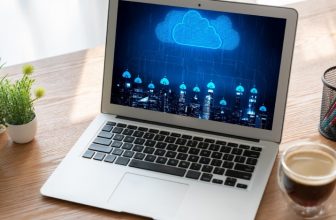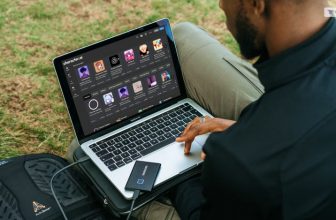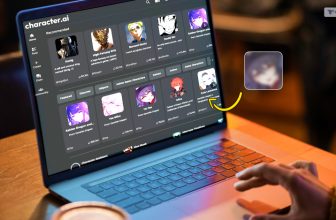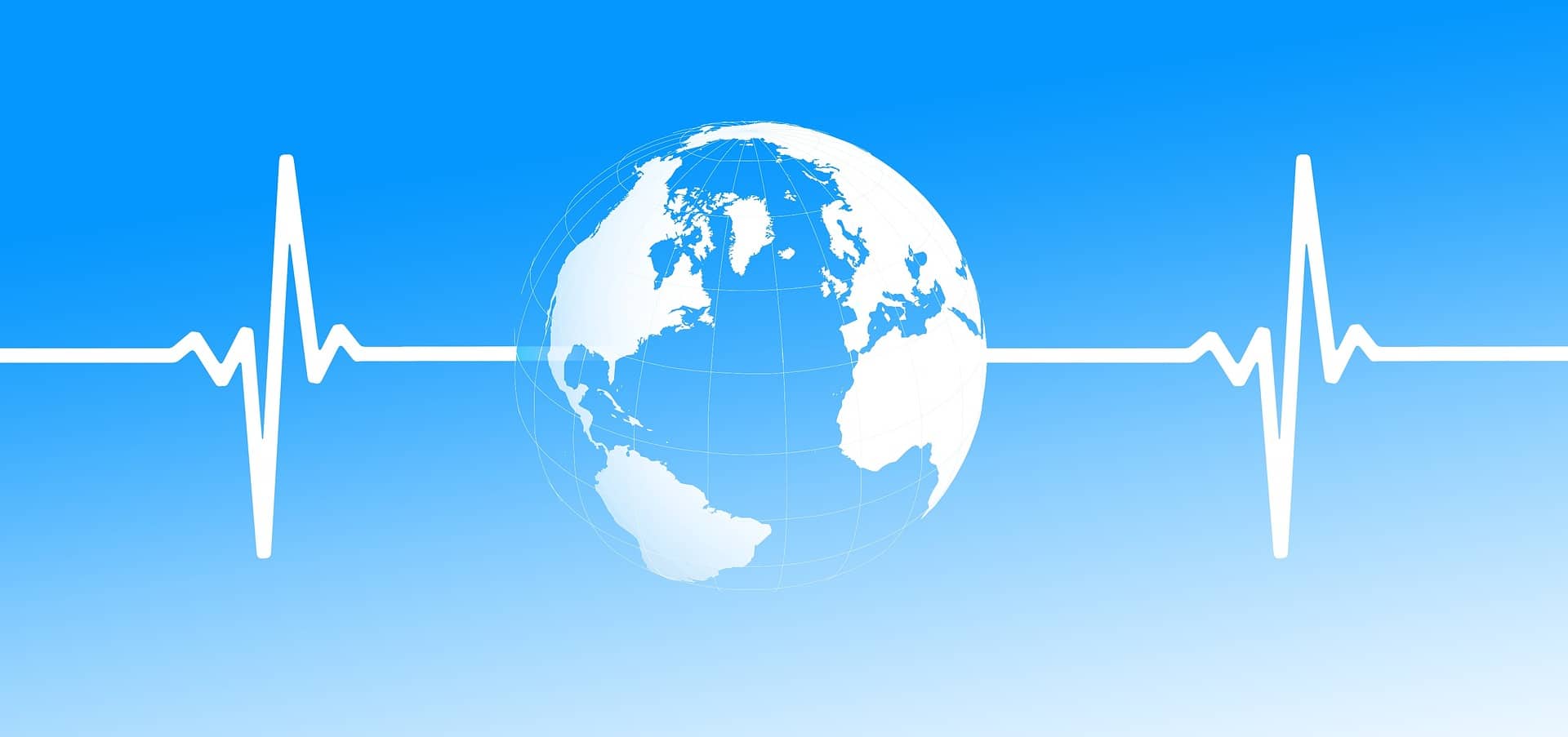
Technology has the power to change global health trends, patient habits and medical processes and make the job of healthcare professional easier. The constant improvement and progression in technology is saving lives and improving quality of life.
Here are some technologies which are currently having a global health impact:
The Cloud:
‘Big data’ is the vast amount of data that can be processed to reveal any trends and patterns – especially relating to human behaviour.
When analysed, this data can reduce healthcare wastage, develop new medical treatments, prevent epidemics and avoid preventable deaths.
Today, medical practitioners use electronic health records and so technology needed a safe storage solution.
The Cloud provides improved access to big data. In fact, the Cloud is one of the most important innovations in healthcare. Healthcare professionals can access data from any device with the internet and can now send these medical data through web fax services. Cloud technology means that huge amounts of data can be stored at a low cost. This data can also be stored safely with recovery and backup functions – protecting against the loss of sensitive, personal information.
The Cloud is also vital for medical research today. In being able to share big data easily, life-saving drugs have been developed.
Telemedicine services:
‘Telemedicine’ or ‘telehealth’ services are used for two-way video consultations or for the transmission of electronic data like ECGs. In the future, there may even be remote ultrasounds.
Telemonitoring can also regularly check vital signs remotely. This puts less pressure on health professionals with currently over-crowded waiting rooms and long waiting times for an appointment. Those patients living in rural areas, or with mobility issues would also benefit. For example, a specialist doctor can check a diabetic patient’s leg ulcer via a video monitor in the patient’s local GP surgery rather than the patient having to visit a hospital.
In the UK, Babylon Health telemedicine service won a contract with the NHS so that NHS patients can use its video calling service instead of visiting their GP, using a chatbot instead of the NHS’ telephone service.
The NHS service GP at Hand offers patients the opportunity to speak to a physician through their mobile device by text or video call and is set to save the NHS huge amounts of money.
Vaping technology:
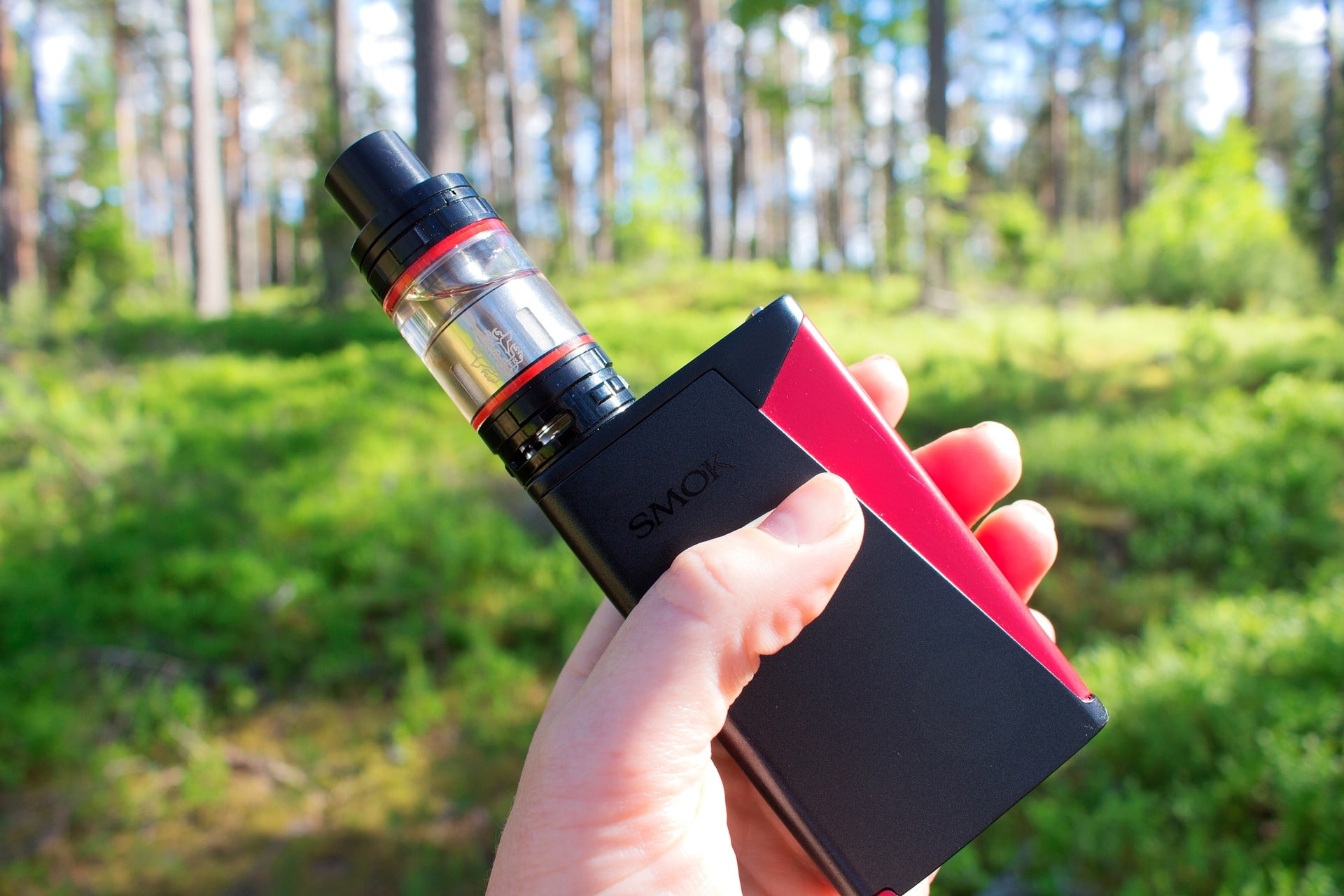
The numbers behind the global tobacco epidemic are shocking – around 9 million adults smoke in the UK alone. WHO reports that smoking kills more than 7 million people around the world each year. In fact, smoking is the primary cause of preventable illness and premature death, accounting for approximately 79,000 deaths a year in England.
Smoking tobacco damages the majority of the human body’s organs. It is associated with:
- Cancer
- Heart disease
- Diabetes type 2
- Dementia
- Impotence
Vaping technology is on the rise due to its success in providing a harm reduction to give up harmful tobacco smoking. Using e-cigarettes is seeing large success rates for giving up smoking as it is seen to be much more realistic than the previous ‘cold’ turkey’ approach.
The NHS encourages the use of eliquids and vaping as they are believed to be 95% less harmful than traditional tobacco and are encouraged by the NHS as a way of gently phasing out tobacco.
Approximately 2.9 million adults in Great Britain currently use e-cigarettes and of these, 1.5 million people have completely stopped smoking cigarettes.
Virtual reality:
Virtual reality technology or ‘immersive technology’ is reducing hours of observation training for doctors. Virtual reality can also be used to treat many problems, for example teaching patients to how to learn to deal with their fears such as fear of crowds, flying or stage fright.
In the future there may be self-treatment virtual reality that could be used with mobile devices and headsets.
Virtual reality is now giving doctors and patients a new look at their hearts. A doctor at Stanford in the US, has teamed up with tech experts to create a virtual heart so that he can show patients’ families what is happening and the family can immediately understand the three-dimensional aspect.
Mobile Apps:
Healthcare apps are a fast growing market in mobile application development. Mobile apps can generate better health awareness such as the NHS Smokefree app, while other apps provide better communication between patients and doctors.
The NHS has recently provided new guidance for healthcare professionals, as although instant messaging apps like WhatsApp can provide vital communications in an emergency situation, doctors must not compromise patient confidentiality.




